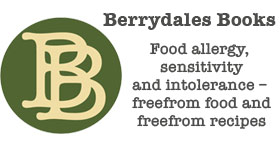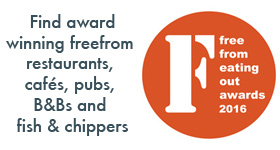Children with a milk allergy produce antibodies that react against specific milk proteins that their immune system recognises as foreign. Children who have outgrown their milk allergies still have milk-specific antibodies, but the specific milk proteins that trigger this reaction can almost entirely be destroyed through exposure to high temperatures. Researchers at Mount Sinai School of Medicine in New York therefore reasoned that children with milk allergy might tolerate milk if it were extensively heated.
One hundred children were given various amounts of milk. First, as heated milk, in baked muffins and waffles then, if these were tolerated, as unheated milk. The children who could tolerate heated but not unheated milk continued to receive heated store-bought or home-baked products containing milk for three months and were then reassessed.
Overall, 68 children were able to tolerate heated milk, but not unheated milk, 23 reacted to heated milk, and nine children were able to tolerate heated and unheated milk.
Compared with the other groups, those who reacted against heated milk had a greater reaction to skin prick tests and a higher level of antibodies directed specifically against casein and milk. Moreover, the symptoms in response to heated milk in these children were more severe than those observed in children who tolerated heated but not unheated milk.
The subjects who were given heated milk for three months had smaller reactions to skin prick tests and a higher tolerance for casein than they did at the beginning of the study. No changes were observed in other areas of the immune system.
If these findings are confirmed by other studies it could dramatically improve the lot of many children with milk allergy by vastly increasing the variety of foods they can eat.
Journal of Allergy and Clinical
Immunology, July 15, 2008, online.
Courtesy of Reuters.
First published October 2008
More research on the management of cow's milk allergy
Top of page |













